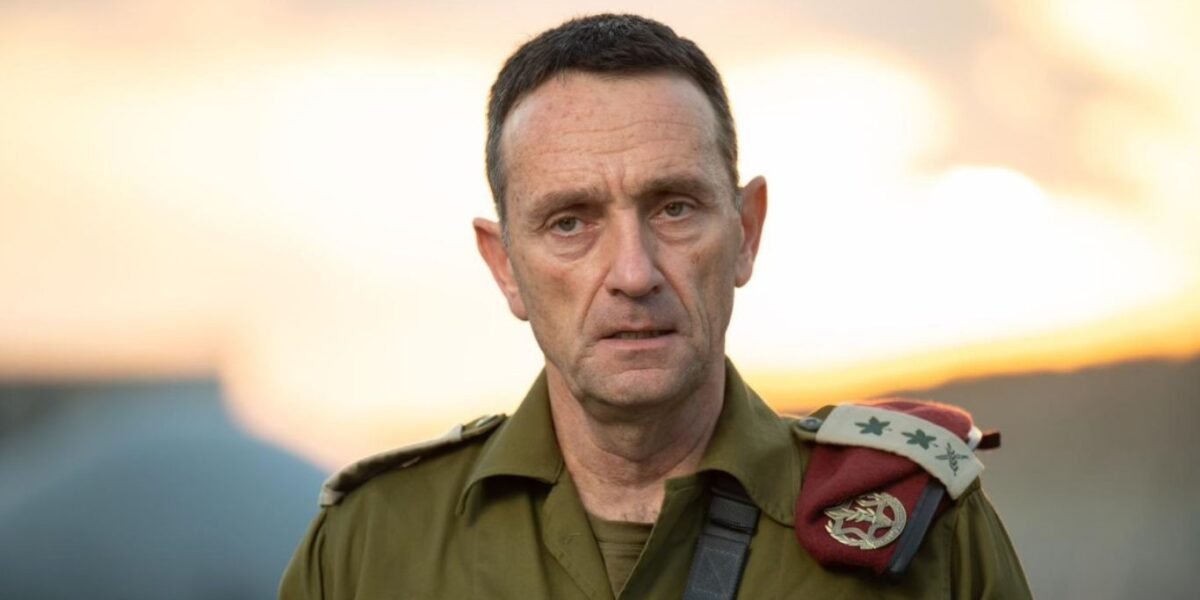JERUSALEM: Israel’s army chief Herzi Halevi said on Tuesday he would resign on March 6, taking responsibility for the massive security lapse on October 7, 2023, when Palestinian Hamas gunmen from Gaza carried out a cross-border attack on Israel.
Halevi, who had been widely expected to step down, said he would complete the Israel Defence Forces’ inquiries by October 7 and strengthen the IDF’s readiness for security challenges. It was not immediately clear who would replace Halevi, who said he would transfer the IDF’s command to a yet-to-be-named successor.
Despite public anger over October 7, Prime Minister Benjamin Netanyahu’s government has resisted calls to open a state inquiry into its responsibility for the security breach that resulted in 1,200 Israelis killed and about 250 hostages taken.
“On the morning of October 7, the IDF failed in its mission to protect the citizens of Israel,” Halevi wrote in his resignation letter to Defence Minister Israel Katz.
Israel, he added, paid a heavy price in terms of human lives and those kidnapped and wounded in “body and soul.”
“My responsibility for the terrible failure accompanies me every day, hour by hour, and will do so for the rest of my life,” said Halevi, a military veteran of four decades.
Some senior military officers have already resigned over the failures on October 7, and the head of the military’s Southern Command, Major-General Yaron Finkelman, also announced he would be resigning.
After 15 months of war in Gaza, the first phase of a ceasefire deal with Hamas went into effect on Sunday, with three hostages being released among a planned 33 in the next six weeks. Some 94 hostages are believed to remain in Gaza, though some may have since died in captivity.
Katz thanked Halevi for his contributions to the military and that he would continue to fulfil his duties until a successor is named, while there would be an orderly search for his replacement. Netanyahu also accepted Halevi’s resignation.
Halevi was often criticized by hardliners in Netanyahu’s government including Finance Minister Bezalel Smotrich, who said his conduct of the war in Gaza was too soft.
More than 46,000 Palestinians have been killed in the conflict since October 2023 and the heavily built-up territory has been widely demolished by Israeli bombardments and airstrikes.
Halevi was in lockstep with former defence minister Yoav Gallant, who was fired by Netanyahu in November, and at loggerheads with some ministers over military conscription exemptions given to ultra-Orthodox Jewish seminary students.
Halevi said that despite the failings of October 7, Israel had notched many military achievements since then which had “changed the Middle East”.
He pointed to Israel’s military degradation of Hamas which had created conditions for returning hostages, its “unprecedented” damage to Hezbollah forces in Lebanon, a significantly weakened Iran and destruction of significant parts of Syria’s military.
At the same, Halevi said, Israel’s military was pursuing “counter-terrorism” operations against Palestinian militants in the Israeli-occupied West Bank.

















